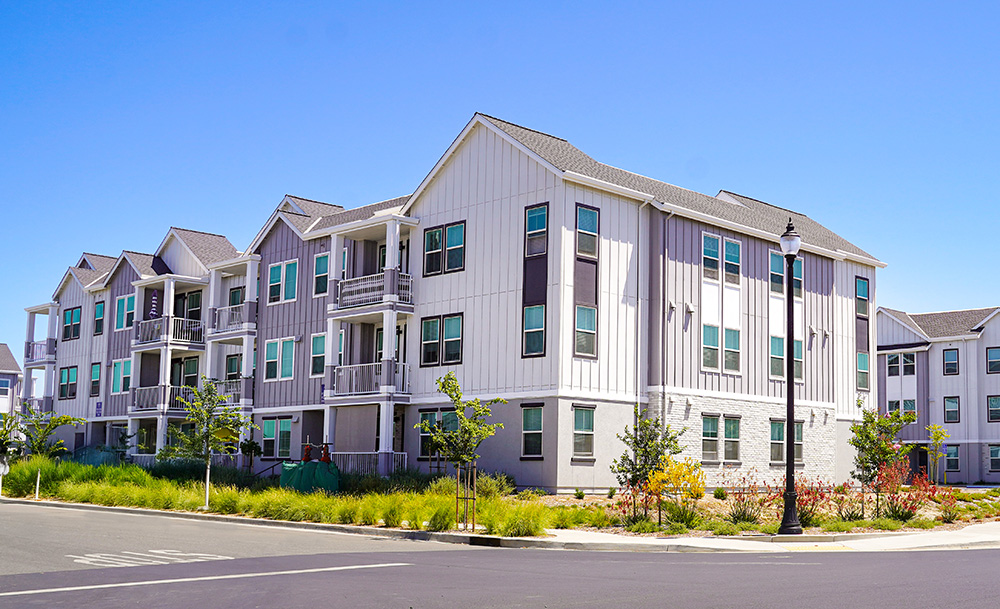What is the Condo Status Finder?
Fannie Mae’s Condo Status Finder is a free, online tool to help homeowner associations (HOAs), their management companies, and authorized advisors understand their condo project’s status. Leverage this free tool to:
- Raise awareness – check, in real time, if Fannie Mae is aware of any project conditions that render your project ineligible.
- Gain transparency – proactively identify issues and hurdles to financing.
- Take action – connect with us to answer your questions.
Who should use the Condo Status Finder?
Condo Status Finder is designed for HOAs, their management companies, and authorized advisors. New users must register for an account, identify their role in the HOA (i.e. board member or property manager, etc.), and agree to legal terms and conditions.

Understanding your results
To search for a project, users must enter the required project information. Condo Status Finder automatically provides users with one of the following results:

No findings
We have found the project record, and the project is not currently identified as ineligible. This does not mean that the project has been reviewed or approved by Fannie Mae.

Ineligible conditions
We have identified a project record with one or more conditions that do not meet our eligibility requirements. The eligibility requirements in question are provided in the tool with a brief description.

No project
We could not find the project based on the information entered.

Multiple projects found
The information provided produced too many potential projects. Refine the search.
Related Resources
Streamline the Condo Mortgage process
Learn how Fannie Mae works with condo associations and co-op boards to help open more doors to homeownership
Condo Buyers Guide
This guide introduces key terms, questions, and responsibilities to know before buying a condo.

Ready to check your condo project status?
Don't let an ineligible project condition catch you off guard. Check your condo project's status today with Fannie Mae's Condo Status Finder. By checking your project's status, you can proactively address potential issues, ensure a smoother financing process, and provide buyers with the confidence they need to move forward. Take control of your project's eligibility and avoid potential roadblocks.
Need Help? View User Guide >




